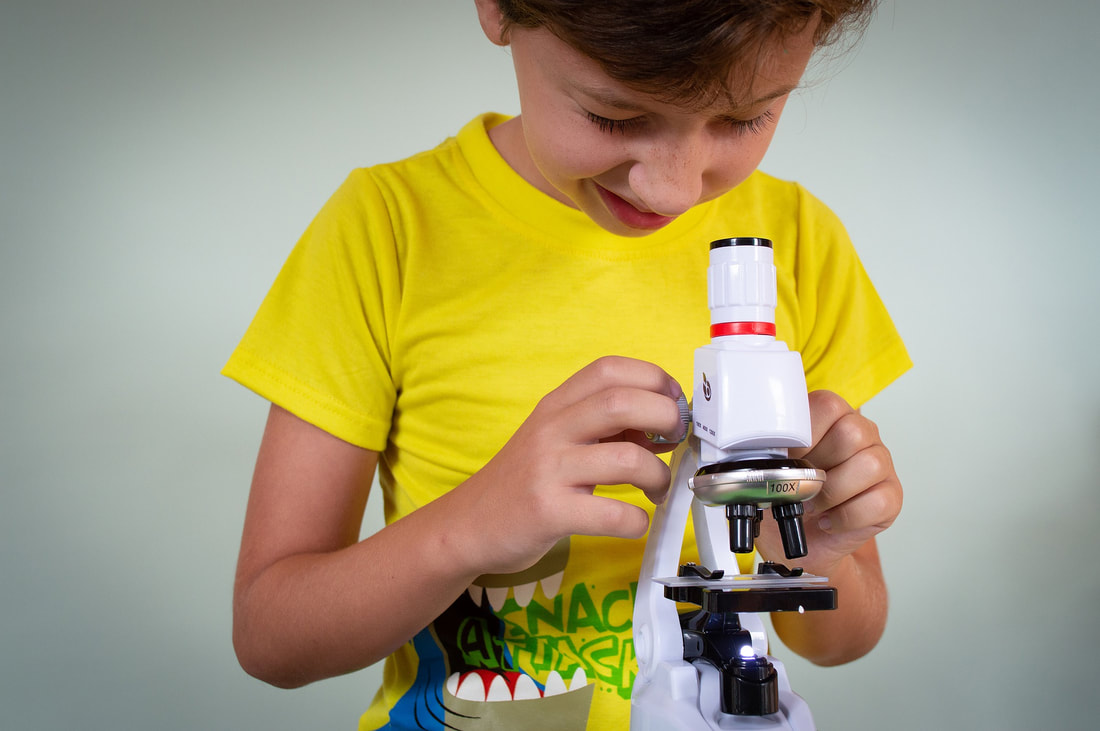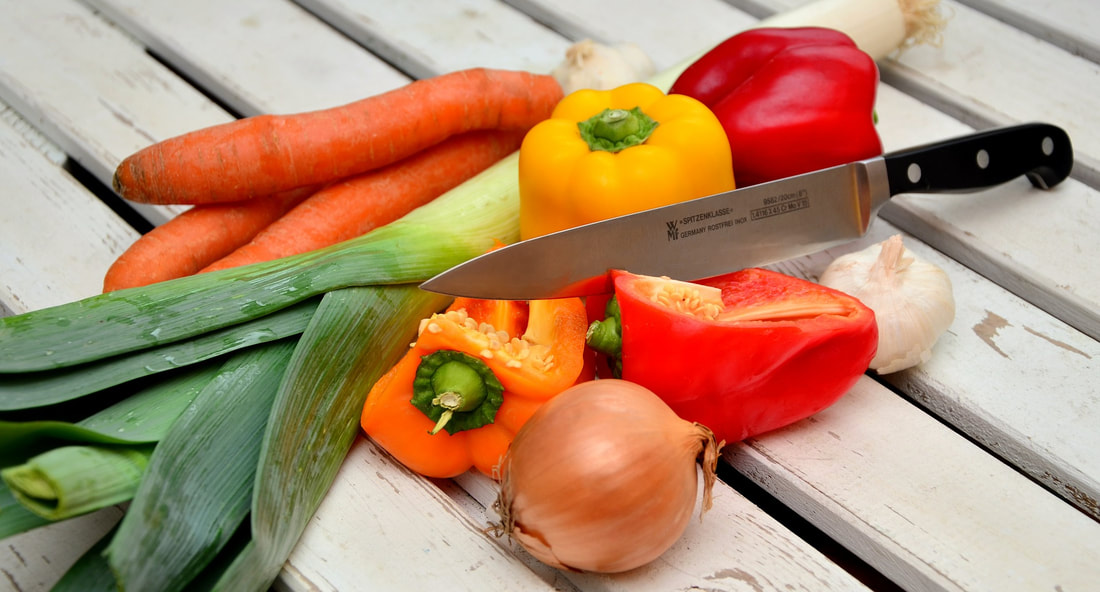|
When she was younger, my daughter loved Sid the Science Kid. At that age, she mainly loved the songs that Sid and his friends sang, but at my age what I liked about Sid and his friends was their love of learning. He provides some useful insights into the philosophical and scientific search for evidence.
In every show, Sid reminds the viewer to "keep asking lots of questions." This is an important message to send, not only to the kids watching the show but also to the parents (who are hopefully watching it with their kids as opposed to simply using the TV as a babysitter). Unfortunately, many adults reach a point where they stop asking questions, or worse they have been taught that there are certain areas of life where they are never supposed to ask questions at all. I fear that they are also teaching this to their children to the detriment of their learning and curiosity not to mention to the detriment of society. We need questioning kids to grow into continuously questioning adults! In the "super fab lab" Sid and his friends "observe, investigate, compare, and contrast." More useful skills not only in philosophy and science but in everyday life. I am always struck by the ease with which students in my philosophy courses can draw conclusions before carrying out these four important steps. Maybe I need to assign some Sid videos for them to watch! Another positive aspect of Sid's schooling experience is that once a new idea is discussed in the classroom, the teacher encourages the students to "go play with all your new ideas." This is an important part of the educational process and one that is sorely missing in primary, secondary, and post-secondary education. We need to be encouraging students to bring a sense of play to their learning and encourage them to see new ideas and concepts as new tools to be used and integrated into their own life. So, what can be learned from Sid the Science kid that is useful? 1. Keep asking questions. 2. Observe to confirm or disconfirm theories. 3. Play with new ideas.
0 Comments
I’ve enjoyed cooking ever since my sister showed me how to make gumbo. And my daughter loves to help me in the kitchen. As with most of our activities, the primary focus of our cooking together is the enjoyment of being together and the fun of making a tasty dinner. But, there is educational material to be found in the kitchen just like anywhere else.
Of course, cooking is a great entry to chemistry and mathematics and while we’ve explored those connections we’ll probably do more with them when she gets a little older. Right now, we enjoy connecting cooking with geography. Our living room/dining room/kitchen is one open area so we have easy access to our globe and wall map of the world right next to our bookshelf of cookbooks. One of my favorite cookbooks is 500 Curries. In addition to the excellent recipes, it also provides us with an opportunity to connect what we eat with where it came from. Just the other day we cooked Cambodian Chicken Curry. So, as we’re preparing the meal, we can run over to the globe and find Cambodia. When we cook Thai food we can find Thailand on the globe. I suspect these are fairly obvious connections but I continue to be struck by several things regarding young children and their learning.
|
KEVIN J. BROWNEPhilosopher / Educator These blog posts contain links to products on Amazon.com. As an Amazon Associate I earn from qualifying purchases.
Categories
All
Archives
April 2023
|





 RSS Feed
RSS Feed
















